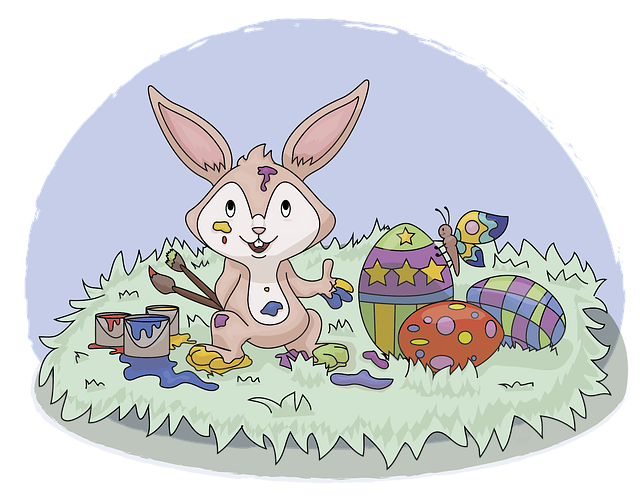Starting a new job is always nerve wracking but when there are children, parents and possibly animals involved it can be doubly so! But remember the family are probably as nervous as you are….
Starting a new job is always nerve wracking but when there are children, parents and possibly animals involved it can be doubly so! But remember the family are probably as nervous as you are, they may never have had a nanny before or their previous one was well loved and in their minds difficult to replace or maybe they have had a nightmare with childcare previously and they are worried this won’t work out either. So going in with an open mind and a friendly, respectful attitude will almost certainly get you off to a good start and have the children and therefore Mum and Dad loving you within days!
Preparation for those first few days is key and we have some top tips on how to get the foundations of a good working relationship off to a good start.
1. Once you have been offered the job try and spend some time with the previous nanny while they are still with the family or arrange a day with the family so that you can all get to know one another a bit better. Expectations and requirements should all have been discussed prior to accepting the job and should all be stated in a formal contract, for example are you responsible for just watching over the children and keeping them entertained or are you also expected to cook and clean up after them. Do you have regular days off or is it on a week-by-week basis and if the parents are in the house who has responsibility for bedtimes etc all these are important factors to discuss prior to starting work. But getting to know the family and all the personalities that go with it takes much longer and spending time with them before you start may help that first week go more easily.
2. If they family have had a nanny previously it may be a good idea to discuss the routine they had with that nanny and what worked for them and what they would like to see done differently, remember that it’s possible that the children may have had the nanny from a young age and that routines and house rules need to be changed to consider the more grown-up child. Check that you have been fully informed about allergies, medications, disabilities, or anything that may make the child particularly anxious. Having a better understanding of the children you are in charge off means you can often exceed expectations and avoid the need to constantly be referring to Mum and Dad with questions they might expect you to already know. Having all the specifics of how they would like things done from what time mealtimes are to when they should go to bed means that you can structure the day and make sure that the children are happy, healthy, and having fun!
3. Make sure the first week or two with a new family are full of activities, days out and plenty of getting to know you time. It’s important that you bond with the children quickly and that they are comfortable around you. The parents will love to see happy, smiley faces and hear about all the thoughtful and well structed activities their youngsters have had. Parents like nothing more than to see that their children are learning and having fun. Hands on activities help children bond with strangers and get them chatting without feeling self-conscious around new people and try and find time to do something with each child individually and find out what they like and dislike. Gaining their trust and confidence is imperative in the early days and will make for excellent solid foundations if a bit if time and effort is put into this.
4 Plan for things to go wrong, make sure you know where the first aid kit is, how the doctor or dentists are and do a quick trip around the house to identify a hazard (you’d be amazed how many families forget to mention they have a pond (or even a swimming pool!). Check you have all the necessary contact telephone numbers and
5 Most Nannies now use their mobiles to pop a photo or message about how the day is going but it is also a useful tool to debrief parents each day about what has gone on and what the highs and lows of the day have been. It’s also great to look back if there are any issues further down the road to see if there is a pattern in a child’s behaviour or to clarify a situation. Mum and Dad love to hear about their children’s day and being involved in this way, being asked questions, or letting them know about some of the positives and negatives of the day helps them to feel involved.
6 And finally, have some little treats planned for yourself throughout the first week. Starting a new job is hard work and when working with children there definitely isn’t a minute to yourself during the day. So, arrange to meet friends, go for a massage, or visit the cinema, it will help you relax and switch off and you will go into work feeling refreshed and ready to face the new day.












